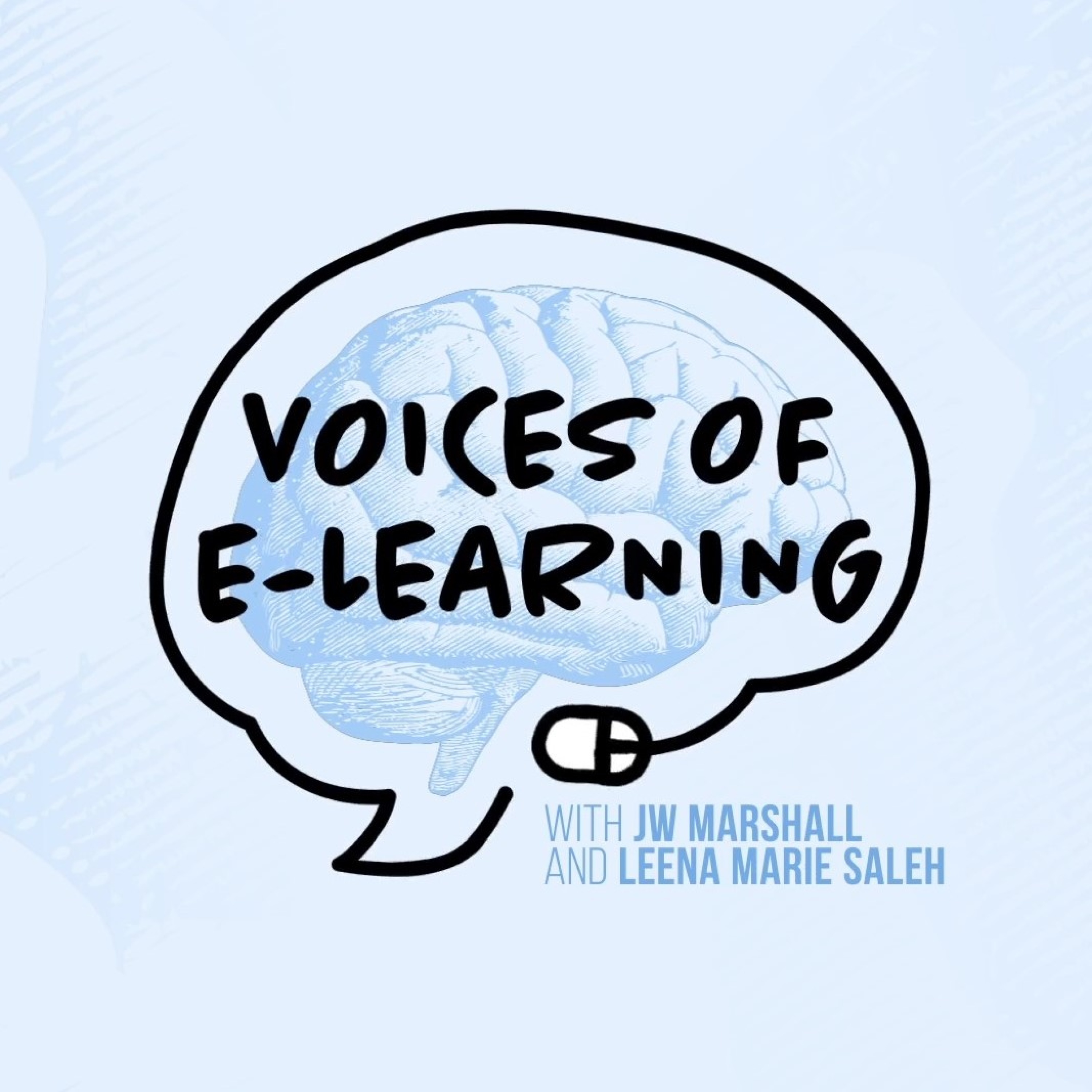
Episode description
Career readiness has been a missing piece for many students post-high school. Building a plan for careers and college is complex and overwhelming. However, the world of preparing students for life after school is changing, thanks to the software platform Xello. The Co-Founders, Jeff Harris, and Matt McQuillen joined Voices of eLearning host JW Marshall to share their story.
The company began 25 years ago, long before software and applications were a click away, but they had a purpose. McQuillen said, “We wanted to help students plan for the future.”
Harris added, “Many can relate to not knowing what to do next, and we took the unique approach to build this from the student perspective.”
Career development isn’t a single exercise or decision. Many happen along the way; thus, the earlier students start, the better the outcomes.
McQuillen noted, “Planning is one piece of their career journey. But a plan demonstrates commitment. A student with a plan is much different from one without.”
Because the path can be complex, it was important to architect the software into three buckets. Jeff explained, “First is the foundation of self-knowledge and knowing what makes you tick. Next is understanding your options and connect with real-world experiences. Third is the planning aspect and setting goals.”
The platform is now in use in school districts across the world with heavy engagement. McQuillen noted that average sessions are 19 minutes, which is a long time for adolescent minds to remain interested. One reason for the success is that students were part of the design through feedback interviews.
The software and its functionality also draw inspiration from education policy around career development. “The vision and policy, however, don’t translate to the reality. So there’s a big gap, and that’s our role to close it.”